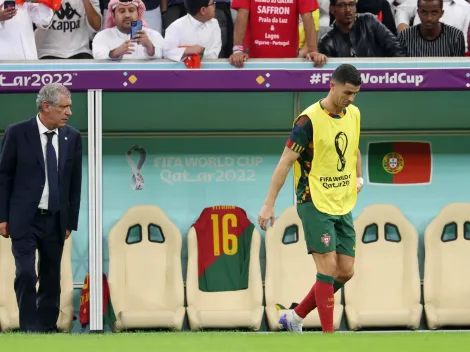“Expect the unbelievable,” said the slogan of Qatar’s then bid to host the 2022 World Cup, viewed with skepticism in the now distant 2010. How was it possible to imagine that soccer would bring its flagship tournament to a country not considereda soccer land? Well, the slogan proved those who pronounced it right.
From November 20to December 18, 2022, the 22nd edition of the FIFA World Cup will be held in Qatar. A version of the tournament that will go down in history for many novel aspects that break with a tradition established for 92 years.
Qatar 2022 represents the first time that the most prestigious tournament in the world of soccer will be played in the Middle East. It will also be the first time that it will not be held in the months of May, June, and July; instead, the ball will roll from November to December, this with a clear rationale of protecting all participants (players, crowd, and media)from the hostile summer temperatures of that country.
When was Qatar chosen to host the 2022 World Cup?
True to its tradition, FIFA usually determines well in advance which countries will host its flagship tournament. This is to give them time to prepare for an event of global magnitude that demands a bestial amount of preparation to meet the elite quality standards of a World Cup.
Thus, on Thursday, December 2, 2010, in Zurich, the then FIFA president, the Swiss Joseph Blatter, announced to the world that the World Cup would land in two territories that had never hosted it before: Russia and Qatar. It came as a huge surprise worldwide, especially since the Middle East is not even remotely one of the areas where soccer is most revered.
How was Qatar awarded the 2022 FIFA World Cup?
The Qatari bid, led by the legendary Zinedine Zidane, world champion in 1998, and by Sheikh Mohammad bin Hamad Al-Thani, faced long-established opponents with sufficient infrastructure and soccer tradition to host the 2022 World Cup: Australia, Japan, South Korea and the United States.
The 22 members of FIFA’s executive committee voted in the first round to leave one of the five candidates in the running. Qatar, the country that had never even played in a World Cup, topped the voting and Australia was eliminated after receiving only 1 vote. The second round saw Japan fall, only to leave Korea, the United States, and Qatar on the shortlist.
In the third round of voting, as in the previous two rounds, Qatar came out on top, followed by the United States. Korea was eliminated and what many called a miracle was about to happen. The final match of this off-field tournament arrived. The final score: Qatar 14 votes to 8 for the United States. The 2022 World Cup was to be played inthe Middle East.

Sheikh Hamad bin Khalifa Al Thani & FIFA’s president Joseph Blatter. (Shaun Botterill – FIFA/FIFA via Getty Images)
Why did FIFA choose to bring the 2022 World Cup to Qatar?
During his 17-year tenure as FIFA president (1998 – 2015), Switzerland’s Joseph Blatter has been called a visionary by some and irreverent by others. The truth is that never before had soccer been as democratized and dared as much as when Blatter was at the helm. The first World Cup held in Asia and in joint countries (Korea-Japan 2002) and the first time an African country organized a World Cup (South Africa 2010) are some examples of this.
Thus, under this discourse, the candidacies considered as unorthodox had the opportunity to win to be heard and selected. Qatar 2022 is the first World Cup to be played in the Middle East, in the months of November and December, and the first to be hosted by a country that has not played a World Cup since Italy 1934.
“We are not going to let them down. They will be proud of us, they will be proud of the Middle East. I promise you.”, statedSheikh Mohammad bin Hamad Al-Thani after the result of the election was revealed. Really soon it will be discovered if those promises can become true in Qatar 2022.

Qatar, elected as the 2022 World Cup host. (Laurence Griffiths/Getty Images)




